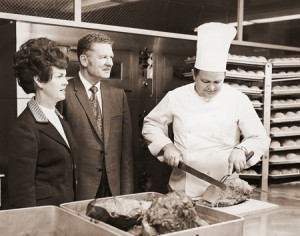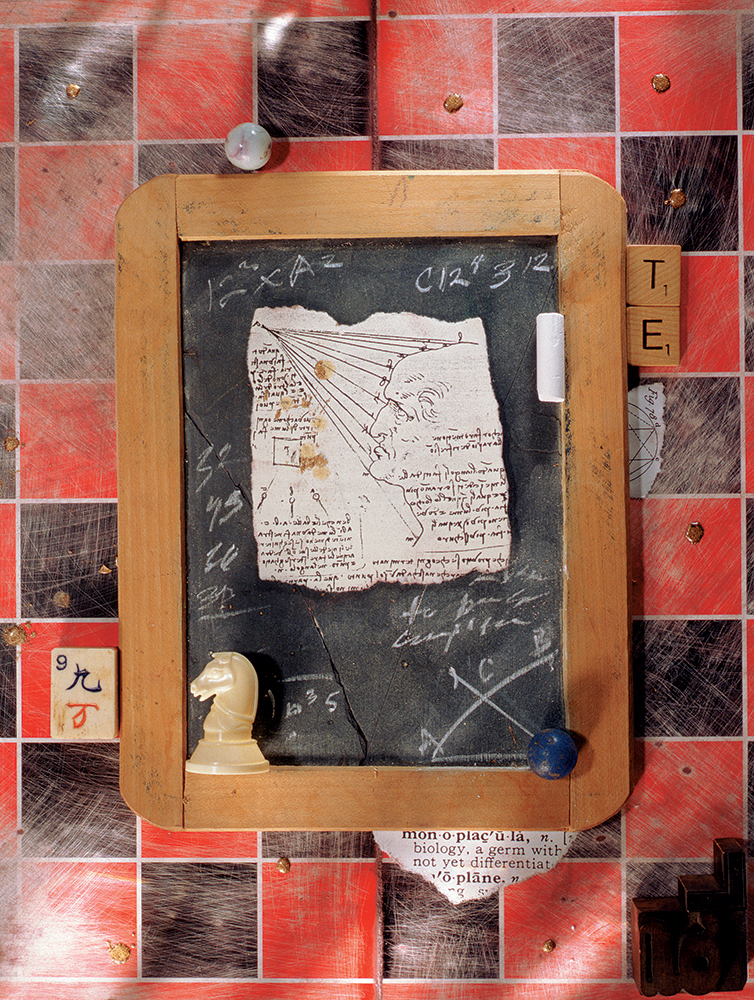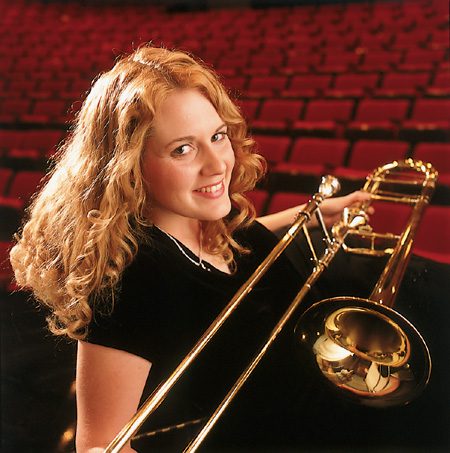From the widow’s mite to the employee’s time, many sacrifices make a BYU education possible.

Myrle and Wells Cloward (left) built BYU’s food services into one of the largest university food service programs in the country. Like thousands of others, their dedication to BYU involved both sacrifice and love.
Years ago I served as elders quorum president in our California ward. One of my responsibilities was to home teach Helen Royston, a convert to the Church and a widow. For as long as I could remember, Helen faithfully taught Primary. Her home was modest, and it always seemed to be filled with an impossible number of visitors who were in need of refuge or were just down on their luck. Helen made her living working in a laundry.
During ward council meeting one Sunday, we were considering an expenditure that was on the borderline beÂtween necessary and extravagant. After some discussion our wise bishop said, “Remember, we are spending Helen Royston’s tithing.” That resolved the issue. Since that day, each time I hear the story of the widow’s mite I think of Sister Royston. It guides me today in my role as the chief financial officer of this university.
It is equally interesting to consider the generosity of numerous donors who have contributed to enhance your education through new facilities, mentored learning, scholarships, and other endowments. Some of these donors are wealthy. Many are not. Each has made a freewill offering to bless your life. I consider these offerings as sacred as the widow’s mite, for they were made voluntarily. Faculty and staff also sacrifice for your education.
In 1952 Ben E. Lewis (BS ’40), BYU administrative vice president, was intent on establishing a food services program to serve BYU’s growing student body.
To select a manager for the program, Brother Lewis visited the restaurants in town to determine which had the best food. He found it in a restaurant belonging to Wells and Myrle Cloward, located inside the Regal Lanes Bowling Alley, just west of campus. Brother Lewis approached the Clowards twice about coming to work for BYU, but they turned the offer down both times. It had taken years to build up their business, and it was starting to pay off.
Then late one evening a fire broke out in the bowling alley, and the building was destroyed. Although Brother Lewis had not prayed for a fire, he had prayed for help in getting the Clowards to come to BYU. Soon after the fire, Wells and Myrle Cloward accepted his offer.
Beginning with a small cafeteria in the basement of the original Joseph Smith Building, the Cloward family worked together serving students. They established what would become one of the largest and most successful university food service programs in the nation.
The Clowards are emblematic of the many faculty and support personnel who have decided to serve at BYU, even though more financially rewarding and supposedly prestigious opportunities are available elsewhere. Our faculty and staff are among the most talented individuals in their fields.
In 2007 BYU Dining Services determined to fund a new faculty position. They reasoned that, aside from serving good food, providing an additional faculty position would be the most direct way they could bless the lives of students. How would they do it? With the next retirement of a Dining Services employee, the position would not be refilled. Instead they would redistribute the work among the remaining personnel. The savings would be contributed to fund the new faculty position.
Gary M. Burlingame, a psychology professor, has now become the first occupant of the Wells and Myrle Cloward Teaching and Learning Fellowship provided by Dining Services. In addition, six more teaching and learning fellowships have been provided by BYU Financial Services, Human Resources, and the Office of Information Technology.
Why did they do it? Why did these employees voluntarily commit to sacrifice on your behalf? Why do donors and tithe payers contribute to your education? Because they love you.
Brian Evans is BYU’s chief financial officer and administrative vice president. This article is adapted from a devotional address he gave on Oct. 16, 2007.









